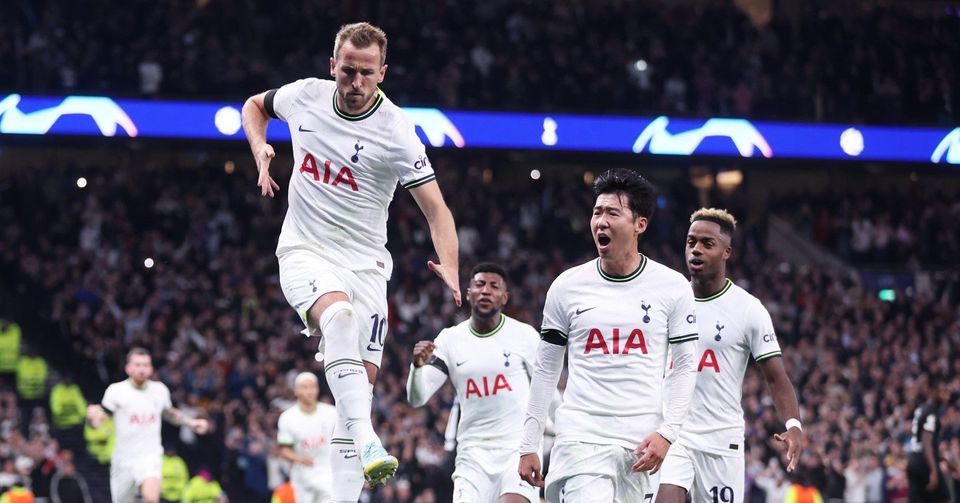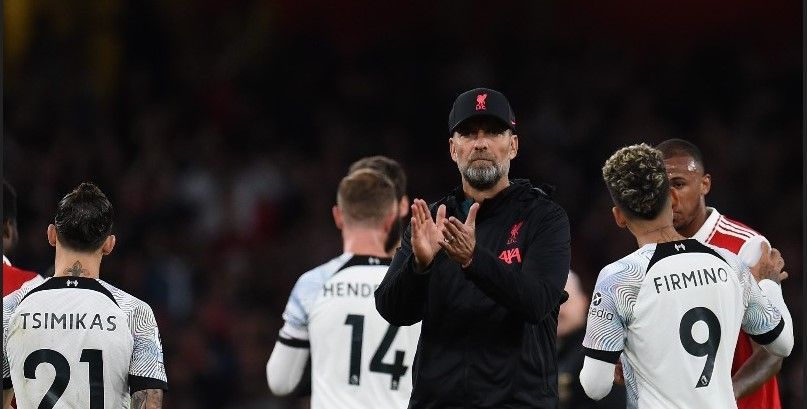Maybe genocide is just like a poor first half in the Premier League

Imagine leaving your house in the morning and stepping in a puddle, driving to work and getting stuck in traffic.
Before buying a coffee, you then spill all over your new trousers.
You walk through the front door of your office and a colleague asks ‘how’s your morning?’
‘Mate, it was a Holocaust’, you reply.
Not an eye is batted, no brows raised. Just a chuckle and rye smiles as you both get on with your days.
A bit strange, right? Not for former Premier League striker Carlton Cole, who was forced to apologise last month for comparing the possibility of a heavy West Ham defeat to the killing of at least six million Jews.
Former England striker Carlton Cole has apologised after he compared the possibility of a heavy West Ham defeat by Manchester City to "a Holocaust".
— BBC Sport (@BBCSport) November 28, 2021
Or even current manager, and notorious hard-man, Joey Barton, who said after his Bristol City side’s 3-1 home loss: “Someone gets in for a game, does well but then has a Holocaust, a nightmare, an absolute disaster.”
A comment of this nature from Barton alone could have been seen as just the latest in a long line of his transgressions.
But when another former player, of the same era, uses the Holocaust to describe - let’s face it - a meaningless performance in a made up game, it raises some serious questions.
That both Barton and Cole’s comments were freely offered up and not obtained on hot mics or in sting operations provides an indication of how systemic this peculiar issue is.
For anyone who needs reminding let me start by establishing the facts.
According to the National WW2 Museum in New Orleans, USA, “The Holocaust was Nazi Germany’s deliberate, organized, state-sponsored persecution and machinelike murder of approximately six million European Jews and at least five million prisoners of war, Romany, Jehovah’s Witnesses, homosexuals, and other victims.”
It is one of the most horrific events in our modern history, and continues to be the subject of academic journals, books, TV shows and films alike.
The legacy of the Holocaust is very present in our culture.
Though increasingly we have seen growth - especially in the alt-right movement - in the effort to minimise the Holocaust and even deny it all together.
This however, can not be solely laid at the feet of fringe American commentators in the image of former Trump advisor Sebastian Gorka or ‘intellectual’ Jordan Peterson.
The Labour Party, for example, is still grappling with it’s own very serious issues of antisemitism.
Now to be fair to Barton and Cole the problem does not appear to be a misunderstanding of what happened in Germany less than a century ago.
In his quote, Barton extended his adjective, as if to educate all who may be unfamiliar with its usage, saying, ‘a nightmare, an absolute disaster’, after the fact.
Jarring as it may be, the gradual downplaying of WW2 and it’s darkest actors should come as no surprise.
How common is it to hear an uncompromising, strict, taskmaster - irrespective of their moral standing - described as being a Nazi?
Or a loud, overbearing boss said to be ‘such a Hitler’.
Just this month the MP for Yeovil, Marcus Fysh, compared the government’s increased Covid measures to, you guessed it, Nazi Germany.
In this context the description of an inconvenient series of events is perfectly served by the word Holocaust.
This is a deeply worrying trend.
A 2021 study by the European Commission found antisemitic content on Twitter, Facebook and Telegram had increased seven-fold in France and thirteen-fold in Germany, when compared to the same period in 2020.
Maybe there’s no connection but effectively minimising genocide by incorrectly using it in everyday parlance seems like a pretty good way to forget what took place and perhaps even paves the way to even more catastrophe.



